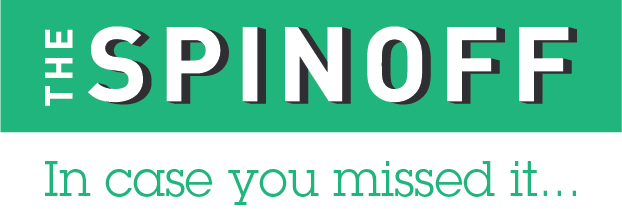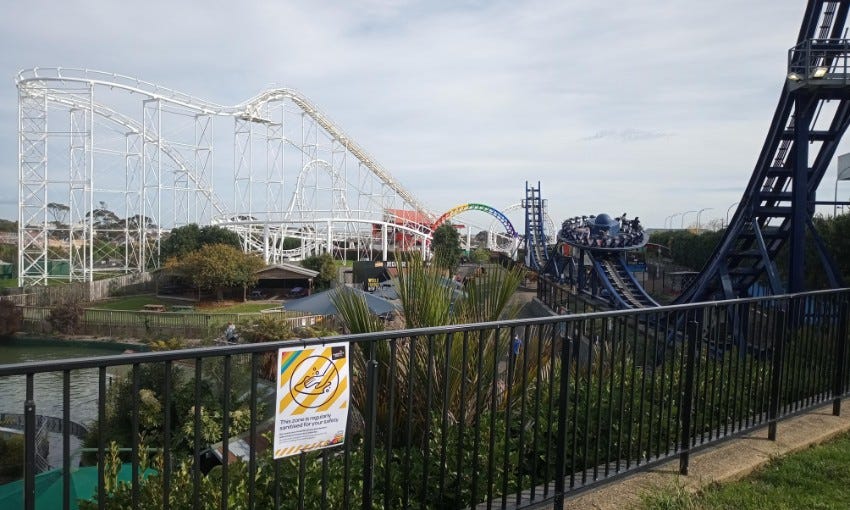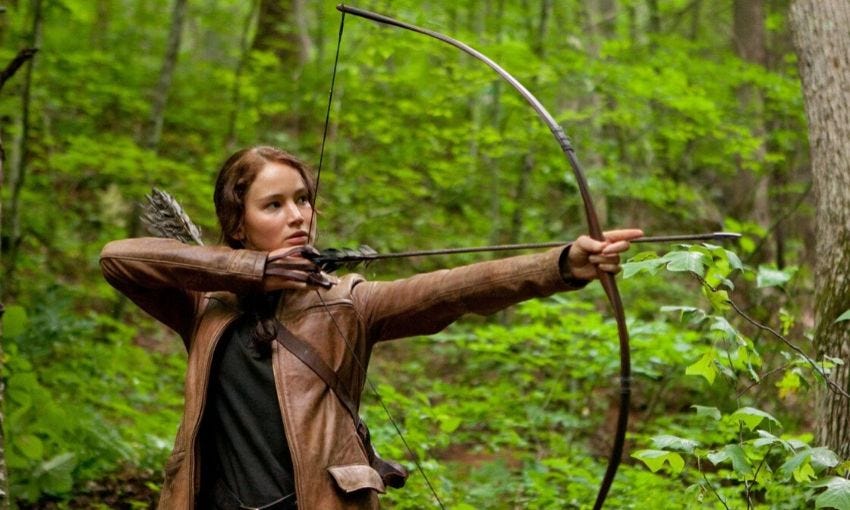

Covid-19, crisis and transformation: An interview with Jacinda Ardern. Speaking with the Spinoff’s Justin Giovannetti from her office on the ninth floor of the Beehive, Jacinda Ardern reflects on the pivotal moments of her leadership since Covid-19’s arrival in New Zealand. Ardern also addresses what New Zealanders can expect to happen next as well as criticism that her government has failed to be truly “transformational”.
National voters were ready to fall in love. But they couldn’t love Simon Bridges. Charismatic leadership has historically been less important to New Zealand voters on the right. But when the country was thrown into crisis the old rules suddenly no longer applied. “Back in mid-February… nearly half of all voters trusted National as an institution. They seemed to feel it would govern the country well despite having a not particularly likeable leader,” Danyl Mclauchlan argues. “But in the last six weeks, hundreds of thousands of those soft National voters have gone over to Labour, judging that good leadership is the most important quality in the current moment of crisis. And good leadership was the one thing National didn’t have.”

How 5G and Covid-19 mixed to make a toxic conspiracy cocktail. Cellphone towers across New Zealand have been subject to a string of arson attacks over the last few weeks, and while they might seem like spontaneous bursts of crime, they’re actually indicative of a wider paranoia around Covid-19 and 5G. David Farrier looks at the way two conspiracy theories have merged into something very nasty online and into real-world violence.
“I love The Spinoff’s variety – pithy punchy pieces alongside reflective descriptions of what it's like to be in Aotearoa today. I joined the Spinoff Members as a deliberate act of support for the kind of journalism I love, and do not expect to get for free.”
- Beth Bowden, Spinoff Member.

Reopening day at Rainbow’s End under alert level two. After nearly eight weeks shuttered, Rainbow’s End had reopened to the public on the second day of alert level two. But what had changed at New Zealand’s iconic amusement park? “There appeared to be more staff than guests, peering from behind masks and food carts and carnival games, attentive and ready to serve the infrequent customers,” writes business editor Michael Andrew who went along for an afternoon of fun. “Other than sanitising, there was little for them to do. One danced behind the hotdog stand. All of them seemed happy to be there – finally out of their bubbles and back at work.”
A silence has fallen over Queenstown, but the town’s remarkable spirit remains. “Rather than being a voyeur to the misery I had read about in the news, I ended up strolling along the waterfront in a state of ecstasy,” writes Central Otago-based journalist George Driver. “I continued through to the Queenstown Gardens, trees still clinging to their autumn colours, and back along the shore of the forested peninsula that juts out into the lake. Someone was out swimming in the unseasonable warmth and a few couples were biking through the park. But mostly it was quiet, peaceful, deserted.

A sincere appreciation of The Hunger Games. With the recent release of Hunger Games prequel The Ballad of Songbirds and Snakes, books editor Catherine Woulfe lays out her love for the series despite often being dismissed for being “teen fiction”. “The Hunger Games is a grown-up story, rich and deep and dark. It is complex but told with clarity. It sticks in the mind and holds together when you turn it over. It is not, truly, a gross-out story about kids fighting to the death.”
A definitive list of every ridiculous thing that happened on Sex and the City. In the latest edition of TV-shows-that-in-retrospect-and-complete-bonkers series, Sam Brooks tackles 90s classic Sex and the City in all its iconic yet problematic glory. “It was groundbreaking in the way that it talked about sex and gender. It was frank, it was funny, and it made liberal use of the f-word,” he writes. “[But] being of your time is not a free pass and it’s important to remember that we can always be a little bit better and more forward-thinking, even if it’s hard to be a little more woke, a little less asleep, than we’ve been in the past.”




